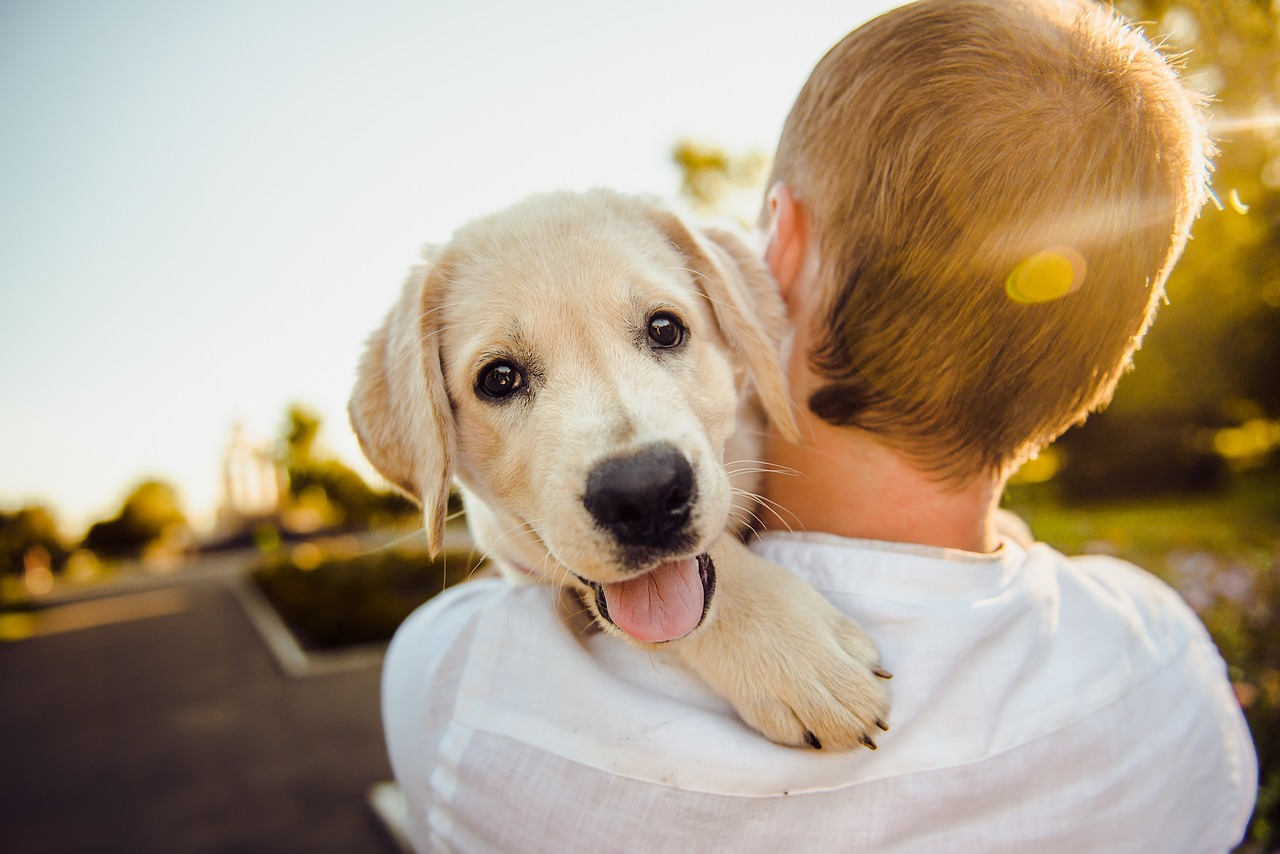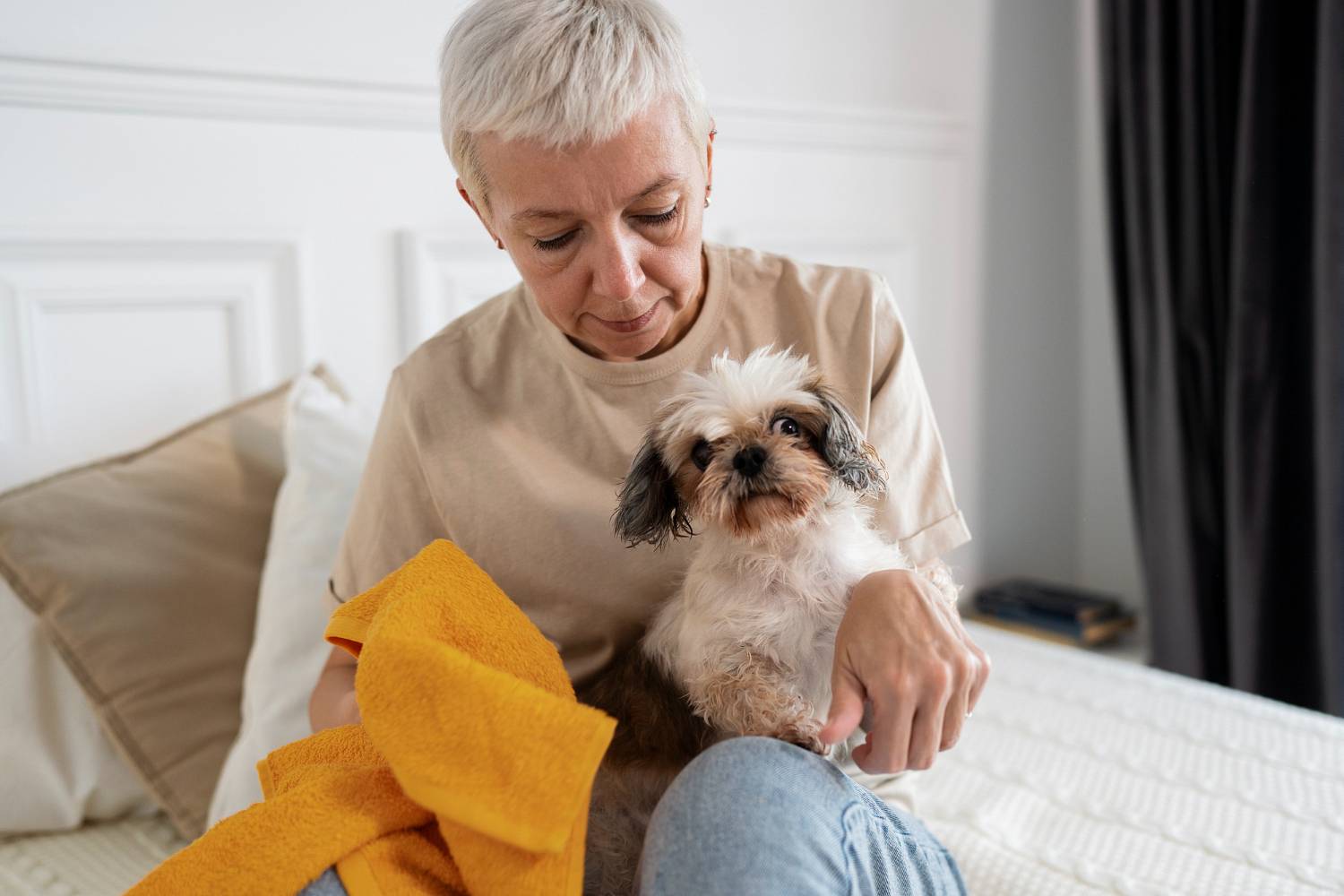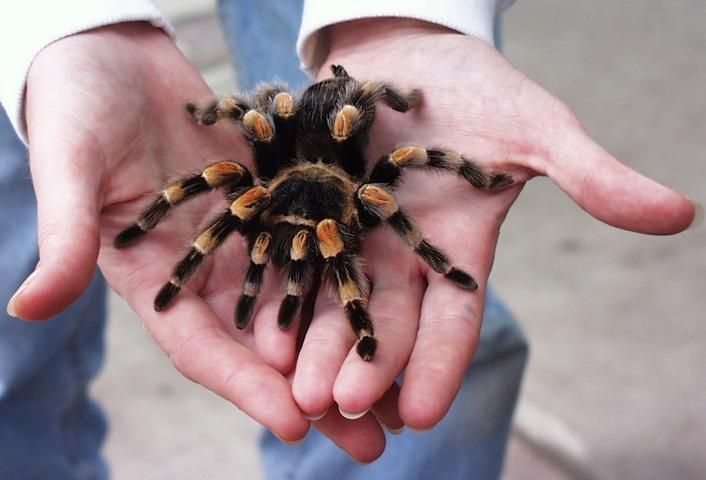Our canine companions bring immense joy into our lives every day. It is therefore important that we do everything we can to ensure their health and happiness. While veterinary care plays an important role, diligent owners can support their pup’s wellness through everyday habits and preventative measures. Following some simple tips can go a long way in keeping your furry friend fit and thriving for many years to come. From diet and exercise to hygiene and safety checks, conscientious care yields tremendous benefits. Let’s explore a few practical strategies for optimizing your dog’s health in a natural way through attentive ownership.
Feed A Balanced Diet
What goes into your pup must adequately nourish its whole body. Premium kibble formulated for their life stage provides balanced nutrition if that’s your choice. Or for homemade raw feeding, consult a vet on proper guidelines. Maintain a suitable weight through regulated portions. Senior dogs need dietary adjustments as well. Supplements may benefit specific breeds, but check with vet guidance. Well-nourished pups simply feel their best. Bonus homemade treats in moderation won’t hurt!
Provide Plenty Of Exercise
Regular physical activity confers many perks beyond just weight management. Daily walks, park visits, and opportunities to run boost heart health, joint flexibility, and muscle tone greatly. Mental stimulation through interactive toys, playdates, and training also benefits wellness. An active lifestyle sets the foundation for life-long fitness and happiness. Exercising together fosters quality human-canine bonding too.
Brush Teeth And Check Ears/Coat
Ignoring oral hygiene risks dental disease down the line. Brush teeth or use special chews/treats if tolerating. Annual cleanings catch issues early. Similarly, dirty ears may indicate underlying problems, so clean them weekly with a vet-approved solution. If you are worried and thinking is it normal for dogs to scratch their ears, then know that it’s normal. However, excessive scratching may be a sign of trouble.
Safety Check Home And Yard
Scope out potential hazards and pet-proof accordingly. Use gates to block riskier rooms. Critters prone to eating non-food items require monitored space. Provide ID via tags/chips in case of wandering. Comfy beds, toys and shelters create relaxation zones. Routine safety checks instil helpful peace of mind.
Give Affection And Mental Stimulation
Cuddles, pets, and quality time lower stress while strengthening the human-canine bond. Puzzle toys, interactive feeding and training also exercise your pup’s mind to stave off boredom. Mental engagement prevents and relieves anxiety which can harm well-being. Stimulating activities are just as important as physical fitness.
Monitor Body Condition And Behaviors
Notice changes in weight, energy, appetite, coat, bodily functions and behavior patterns over time. While normal aging signs exist, irregularities warrant vet evaluation. Catching issues promptly results in better treatment outcomes versus delay. Pay focused attention to changes for fast medical response as needed.
Schedule Regular Checkups
Preventive exams, vaccines, heartworm/flea prevention and yearly senior blood panels detect problems early. Wellness visits also allow veterinarians to note developmental milestones. Prompt identification and treatment confers the best prognoses versus advanced conditions. Conscientious healthcare oversight supports optimal quality and length of life.
Minimize Stress And Provide Comfort
Too much stress harms mental and physical health long-term. Provide predictable routines, consistency and safe spaces. Manage interactions with people/animals to avoid anxiety or aggression developing. Comfort items like beds, toys and blankets add environmental enrichment for relaxation and enjoyment. Pups thrive when they feel secure in their loving home.











